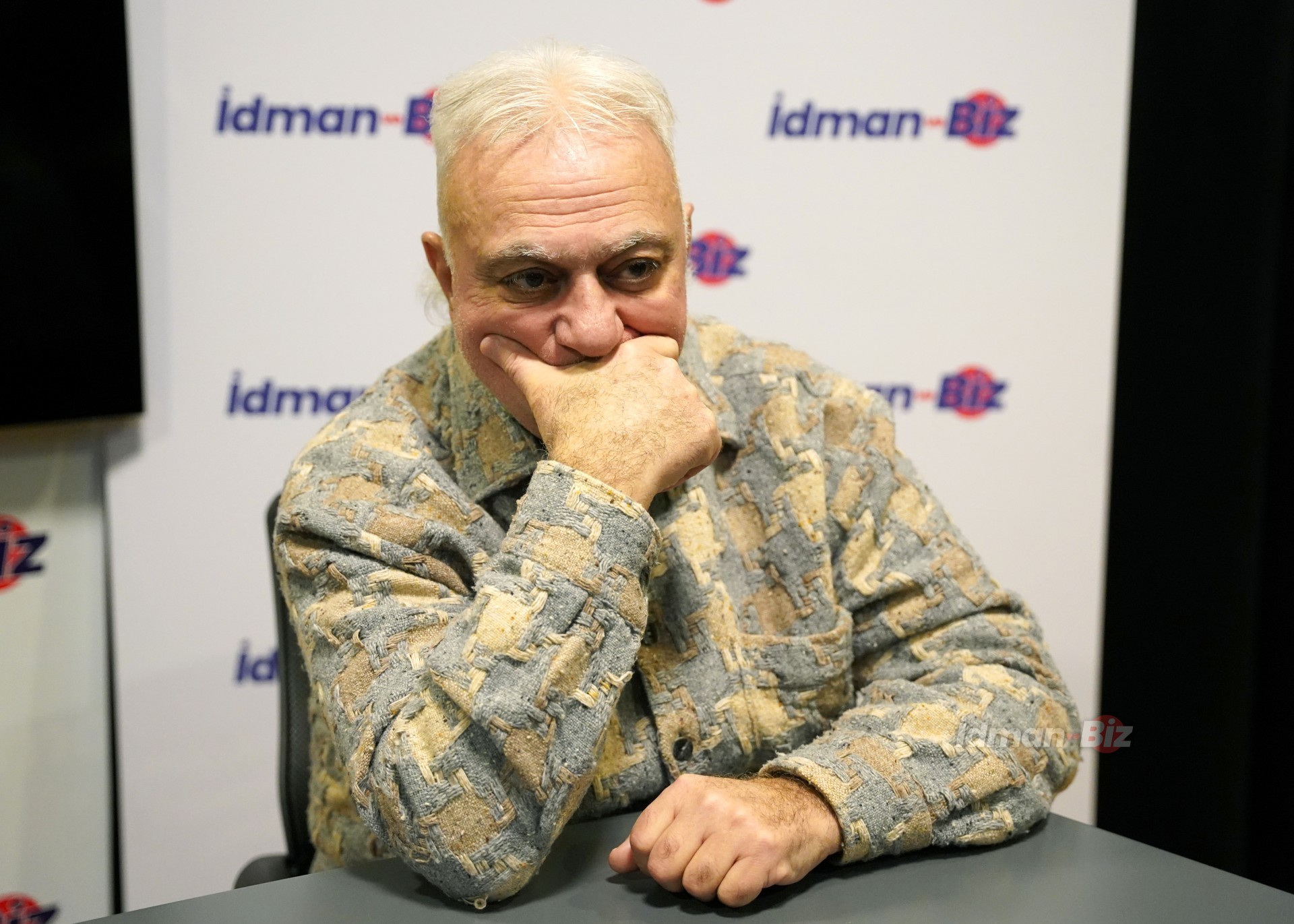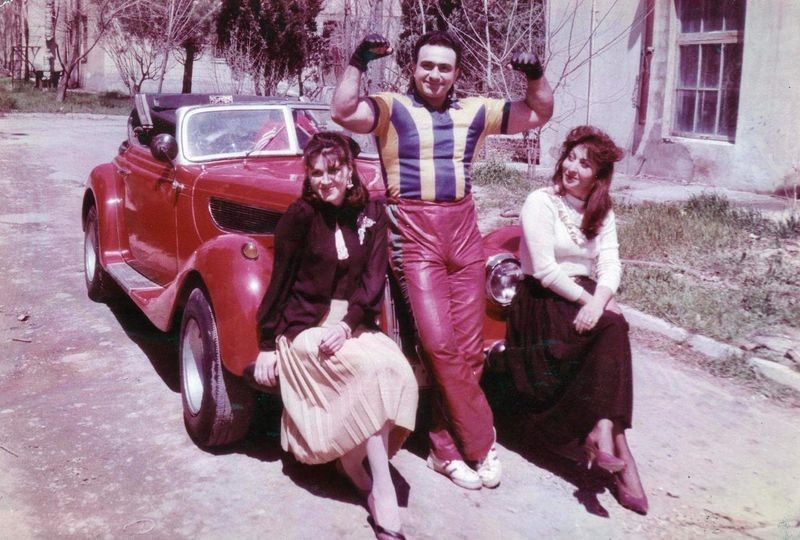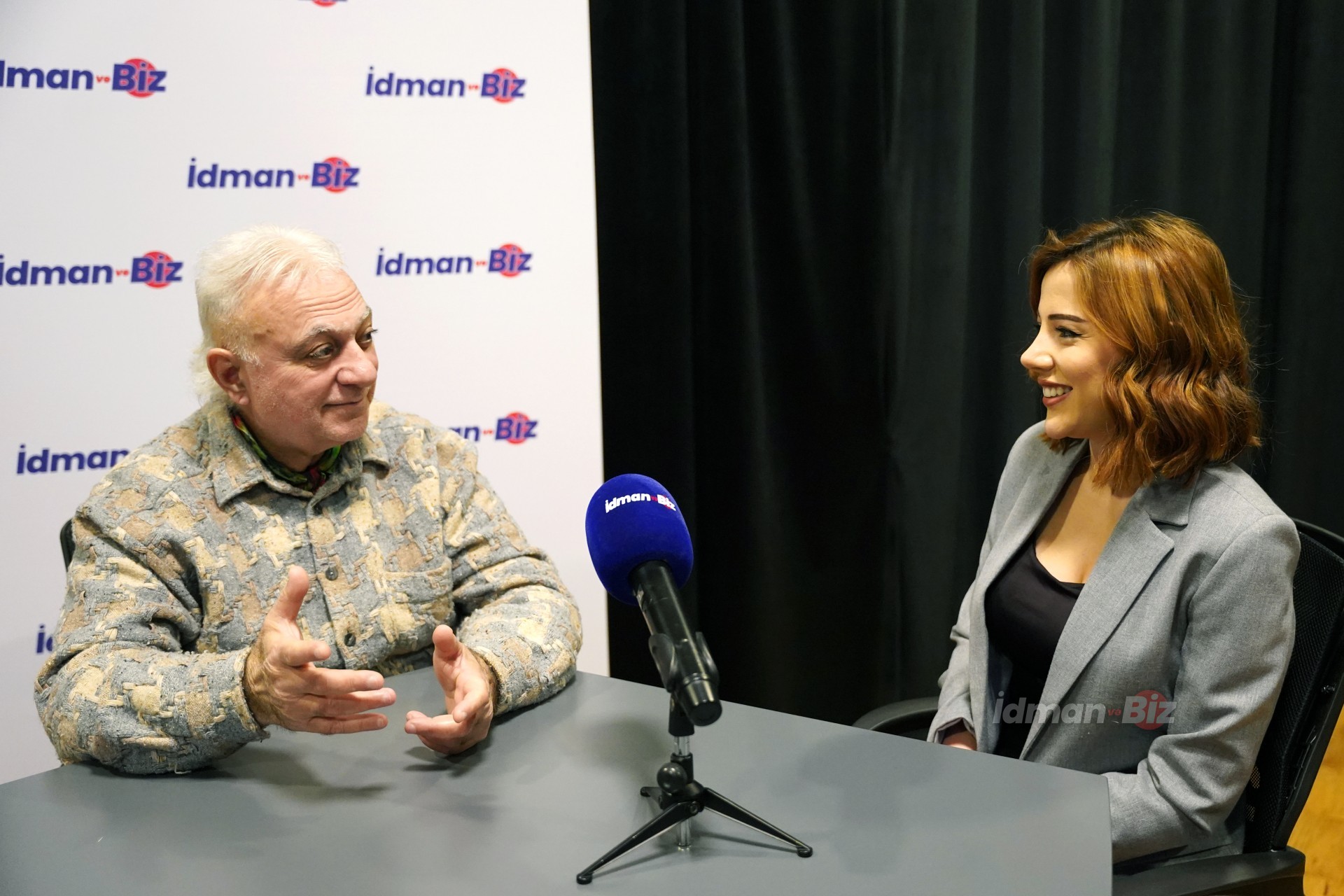Esteemed coach and honored artist, Jahangir Mehdiyev, shares his story with Idman.biz in this exclusive interview.
- Mr. Mehdiyev, do you still engage in sports
- Absolutely. I strive to maintain my physical achievements through fitness activities.
- Balancing sports and art seems challenging. How did you manage these two different fields?
- Surprisingly, it wasn’t difficult. I’ve been involved in sports since childhood—practicing multiple disciplines. In a way, I transitioned from sports to art. I became an Honored Coach in 1998 and was named an Honored Artist in 2000. Currently, I’m writing a book exploring the intersection of sports and art. Regardless of one’s field, engaging in sports enriches life.
- As a coach, do you have unique methods?
- I’ve coached world and European champion Akif Aliyev. In weightlifting, technique is crucial. A slight imbalance while lifting can cause serious issues. Alongside physical strength, psychological readiness is vital. Over-reliance on doping or brute strength doesn’t work. Akif excelled in technique, and I primarily guided him through psychological aspects.

- Speaking of doping, it’s a recurring issue in weightlifting. Why is it so prevalent in this sport?
- Often, the desire for success conflicts with the right path to achieve it. Achievements require both intelligence and patience. Doping is a curse—it brings temporary wins but causes long-term harm. My message to athletes is clear: prioritize your health and stay away from doping. True success isn’t just about medals or money; health itself is an invaluable reward. When I trained at the Olympic complex in Moscow, I shared sessions with world champions Vasily Alekseyev and Yury Vlasov. They admired that I avoided chemical substances, believing it would contribute to longevity. Now, at 73, I see the truth in their words, though they may not have reached my age.
- Many still remember you as Niyaz from the film "Man’s Word." How did that role come about?
- Initially, I didn’t want Niyaz to be an athlete. I considered Rafael Dadashov for the role. However, when I showed the script to my mentor, the famous director Georgi Daneliya, he insisted I play the role myself, knowing my athletic background. At first, I was hesitant, but I realized he was right. Before Niyaz, Azerbaijani cinema lacked a portrayal of an athlete. Taking the risk paid off—audiences loved the character, and I received countless letters of appreciation.
This role inspired many to pursue sports. People often tell me how the character influenced their lives. It’s even led to amusing encounters—once, a market vendor offered me a discount, saying, “You brought Niyaz to life!”

- What happened between Niyaz and Solmaz in the end
- The film ends with Niyaz at a crossroads—one path leading to the village, another to the city, and the third to the mountains. This symbolizes his inner conflict: should he marry Solmaz, follow his mother’s wishes, or pursue an uncertain future? At 25, Niyaz still couldn’t distinguish between love, passion, and devotion—concepts that carry deep meaning.
- Did Niyaz have many female admirers?
- I was married at 20 and 35 when I played Niyaz. Of course, I had admirers, and I admired others too. But some values in life are sacred and must never be compromised.
- Many athletes are perceived as arrogant, much like Niyaz. Why do you think this is?
- True athletes embody integrity. Unfortunately, some rely on substances to inflate their appearance, seeking superficial admiration. Real sportsmanship is shown on the field, not in public displays. Unlike other professions where actions may not match words, sports demand transparency—what happens on the mat is undeniable.
 - Any final thoughts?
- Any final thoughts?
* I own a unique chrome barbell inscribed with the name of Joe Weider, the pioneer of bodybuilding. There’s no other like it in Azerbaijan. I can’t take it to the grave, but I want to pass it to someone deserving. Yet, I still wonder—who is truly worthy of it?
Aytaj Sahed
Idman.biz












